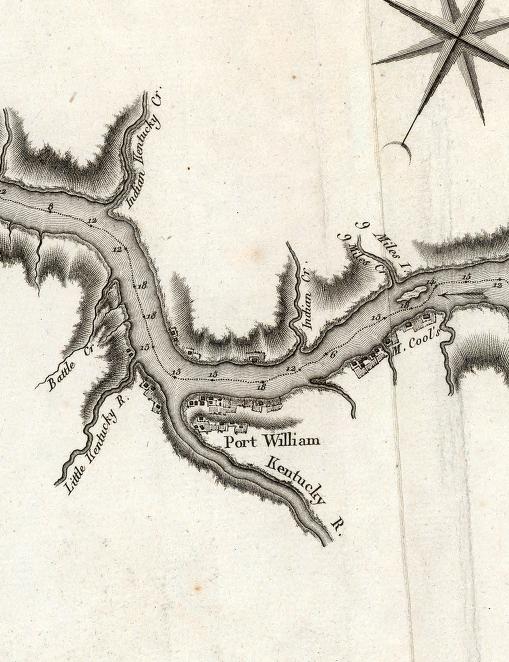In 1821, "The Banks of the Ohio,” a poem “by a lady of Madison, Indiana,” won second prize in a competition at Cincinnati.The brief report by Jacob Piatt Dunn in his “Indiana and Indianans”, said her name was not preserved. But in an era in which little information women had few rights and rarely worked out side the home, this was not unusual.
In the 1800s, Madison had professional women and women of letters, although information available is as thin as a shadow. There was a female minister, Martha Barrett, a Universalist, listed in town in the 1860 census. And the 1890 Indiana Business Directory and Gazetteer had an advertisement from Eudophelia Conklin, a female physician, about whom nothing else has been found.
But in the arts, there were women who gained notice, even if they are forgotten today. Madison can claim them, even though their residences were not long.
Among these was Constance Runcie, not surprisingly, a granddaughter of reformer Robert Dale Owen. Raised in Owen’s New Harmony settlement, Constance founded the Minerva Club, reputed to be the first women’s club in America, and then founded the Bronte Club in Madison and finally the Runcie Club in St. Joseph, Mo., in 1866. She also is credited as the first American women to compose such forms as a symphony, an opera and concertos. Constance lived in Madison from 1861 to 1871 while her husband, James Runcie, was minister and Christ Church.
Better known at the time locally was poet Sarah Barrett Bolton (1814-1893), whose family moved from Vernon to Madison when she was nine, and whose writing career was soon under way. Her first poetry was published in the Madison Banner before she was 14 years old and she was a contributor to newspapers in Madison and Cincinnati. She married newspaper man Nathaniel Bolton in October 1831, and they moved to Indianapolis where she lived until he died in 1858. During this period, she was active politically and worked with Owen to secure property rights for women in the Indiana constitutional convention of 1850. In 1863, she married Judge Addison Reese and lived with him in Canton, Mo, for two years, and then returned to Indianapolis
.
She published a volume of poems in 1865, and a collection of writing in 1880. The Dictionary of American Biography compiled these facts from a number of sources noting her writing had n “no great literary merit, but have the melody, sentimentality, and moral and religious flavor relished by the fireside magazine readers of their day.”
Perhaps more successful as a writer, was Mrs. Martha Sears Brooks, who was born in Springfield, Mass., and married at the age of 19. She began writing in Missouri when the Civil War began. She moved to Madison in 1862 and contributed poems, short stories and essays to newspapers and magazines. According to a biography, “In 1888 she published a dainty holiday book which had a large sale” and was elected vice-president of the Western Writers Association in 1889. She was named secretary in 1890, before dying in 1893.


No comments:
Post a Comment